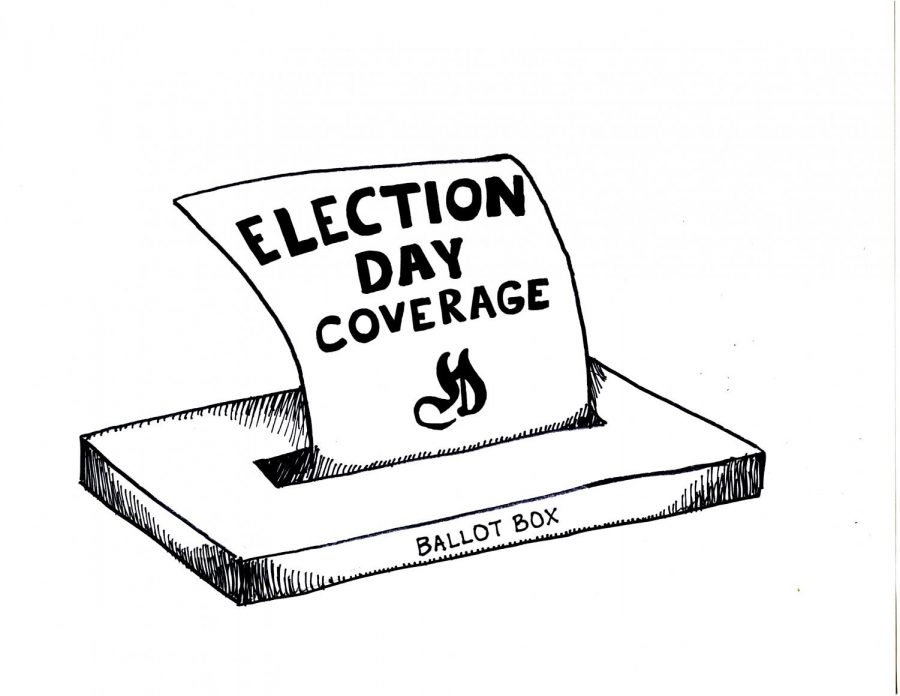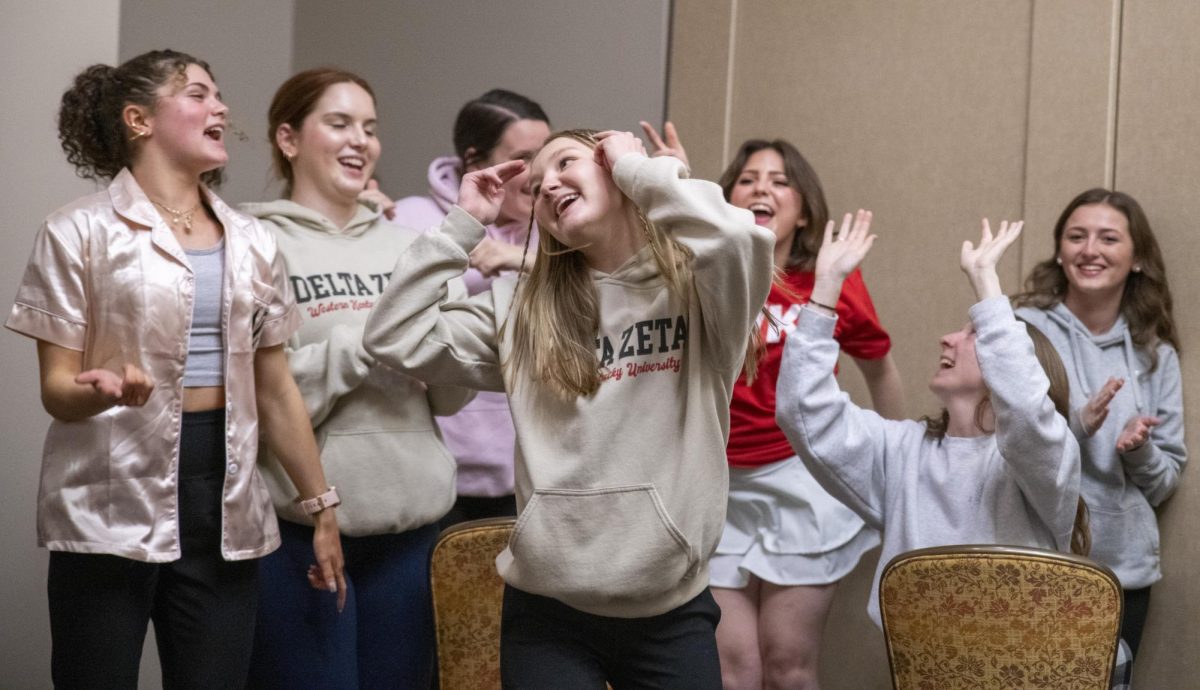COMMENTARY: Remembering women suffragists of color
November 8, 2016
Let’s set aside all of the numerous negative aspects this election has produced for one moment. Just one moment, okay? Hear me out on this.
The results of this election will be historic, no matter who wins. We will either have our first female president or our first Donald Trump. In the midst of all this craziness, I want to really focus specifically on the whole first female president thing.
This election gave us the first female nominee of a major party, so take a moment, and really let that set over you; just that single historic aspect. In an election that always has us feeling like we’re being chased by a particularly hungry wolf, it can be easy to move past that as nothing.
But it’s not just nothing, and people across the country know that. Mount Hope Cemetery in Rochester, New York, where women’s suffrage activist Susan B. Anthony is buried, extended their hours Tuesday “to accommodate those wishing to celebrate their vote” at Anthony’s gravestone, NPR reported.
Of course, this wasn’t the first time people paid tribute to Anthony, as NPR noted, but it takes on a new sense of meaning for this election as Hillary Clinton could become this country’s first female president by the end of the day.
“I’m voting for the first woman president. As a woman I can vote because of the sacrifices she made,” said Jillian Paris of Brighton in an interview with the Democrat & Chronicle, who affixed her sticker to Anthony’s marker about 7 a.m., shortly after sunrise. It was her first visit to Anthony’s grave which made the occasion “a little more special.”
While all the praise given to Anthony is appropriate, let’s not forget the women of color who contributed not only to the women’s suffrage movement but the civil rights movement overall.
For instance, there’s Ida B. Wells, lauded as an “outspoken black journalist” in “Better Day Coming” by Adam Fairclough – a suffragist, women’s rights advocate and presumably labeled as another “nasty woman” by Trump.
In 1892, Wells denounced the practice of lynching in the South, taking to the pages of newspapers writing columns and editorials, which caused her to flee the South altogether amidst fears of being killed.
“The long fight to end lynching was the starting point of the modern civil rights struggle — the beginning of the fight-back against white supremacy,” Fairclough writes.
Wells furiously wrote against the myth of the “Southern rape complex” where white men could use a false narrative of black men raping white women as a basis for lynching. The threat of rape, as Fairclough puts it, “justified denying blacks the vote and excluding them from juries.”
By refuting the justification for lynching, Wells attacked the core of racist ideology in the South and stirred the anger of Southerners.
Another notable black abolitionist and women’s rights activist was Sojourner Truth. Truth was born in 1797 as Isabella, a Dutch-speaking slave in New York. In 1828, she moved to New York City and became a preacher in the Pentecostal tradition, according to PBS.
Truth’s faith and preaching brought her into contact with abolitionists and women’s rights crusaders alike, and she began travelling as a lecturer on both subjects. Truth became involved with the issue of women’s suffrage but broke with Anthony and Elizabeth Cady Stanton when Stanton “stated that she would not support the black vote if women were not also granted the right.”
Truth is most well known for her stirring speech “Ain’t I a Woman?” delivered in 1851 at the Ohio Women’s Rights Convention.
“Then that little man in black there, he says women can’t have as much rights as men, ’cause Christ wasn’t a woman! Where did your Christ come from? Where did your Christ come from? From God and a woman! Man had nothing to do with Him.”
Yes, Anthony and Stanton are well deserving of the praise they receive for working towards women’s suffrage, but women such as Wells and Truth, and so many other women of color, deserve their spot of recognition as well.
Americans could well be on their way to electing the first female president, and we’d all do well to remember that without women of color, we would have never reached this pivotal moment.
READ MORE:
Voter shares disappointment with election
WKU employee encourages others to vote
Air Force veteran says Trump is ‘lesser of two evils’
High school teacher says her students are ‘afraid’ of Trump
Married couple shares concerns over health care, Supreme Court













